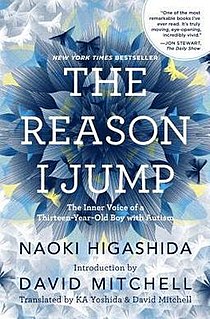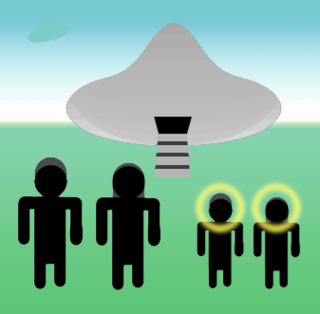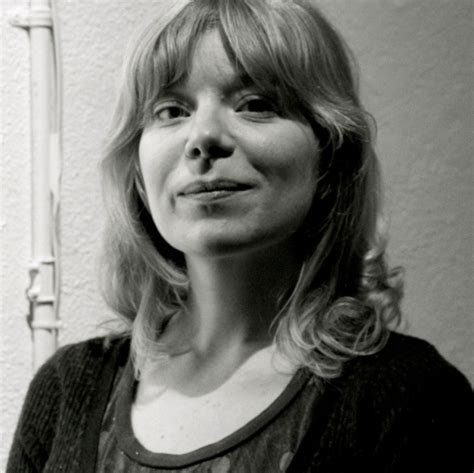A Quote by Naoki Higashida
The thought that our lives are the source of other people's unhappiness, that's plain unbearable.
Quote Topics
Related Quotes
But I ask you, those of you who are with us all day, not to stress yourselves out because of us. When you do this, it feels as if you're denying any value at all that our lives may have--and that saps the spirit we need to soldier on. The hardest ordeal for us is the idea that we are causing grief for other people. We can put up with our own hardships okay, but the thought that our lives are the source of other people's unhappiness, that's plain unbearable.
When we make a change, it's so easy to interpret our unsettledness as unhappiness, and our unhappiness as a result of having made the wrong decision. Our mental and emotional states fluctuate madly when we make big changes in our lives, and some days we could tight-rope across Manhattan, and other days we are too weary to clean our teeth. This is normal. This is natural. This is change.
This was one of the greatest test of his faith he had ever experienced. The thought of deceiving the kind and faithful wife of his youth... was more than he felt able to bear.... his sorrow and misery were increased by the thought of my mother hearing it from some other source, which would no doubt separate them, and he shrank from the thought of such a thing, or of causing her any unhappiness.
Our possibilities of happiness are already restricted by our constitution. Unhappiness is much less difficult to experience. We are threatened with suffering from three directions: from our own body, which is doomed to decay and dissolution and which cannot even do without pain and anxiety as warning signals; from the external world, which may rage against us with overwhelming and merciless forces of destruction; and finally from our relations to other men. The suffering which comes from this last source is perhaps more painful to us than any other.
I thought about the earth then, really thought about it, the tsunami's and earthquakes and volcanoes, all the horrors I haven't witnessed but have changed my life, the lives of everyone I know, all the people I'll never know. I thought about life without the sun, the moon, stars, without flowers and warm days in May. I thought about a year ago and all the good things I'd taken for granted and all the unbearable things that had replaced those simple blessings. And even though I hated the thought of crying in from of Syl, tears streamed down my face.
All things are created twice, but not all first creations are by conscious design. In our personal lives, if we do not develop our own self-awareness and become responsible for first creations, we empower other people and circumstances outside our Circle of Influence to shape much of our lives by default. We reactively live the scripts handed to us by family, associates, other people's agendas, the pressures of circumstance - scripts from our earlier years, from our training, our conditioning.
We meditate alone but live our lives with other people; a gap is inevitable. If our path is to lead to less suffering, nd much of our suffering is with other people, then perhaps we need to reexamine our sole commitment to these individual practices... As our individual pracitce deepens, it may yiled true ease. But whether we practice meditation in seclusion or independently alongside other meditators at a meditation group or retreat, individual meditation approaches the confusion and pain of our relational lives only indirectly.
Why is one a slave to thought ? Why has thought become so important in all our lives -thought being ideas, being the response to the accumulated memories in the brain cells? Perhaps many of you have not even asked such a question before, or if you have you may have said, "it's of very little importance- what is important is emotion." But I don't see how you can separate the two. If thought does not give continuity to feeling, feeling dies very quickly. So why in our daily lives, in our grinding, boring, frightened lives, has thought taken on such inordinate importance?


































